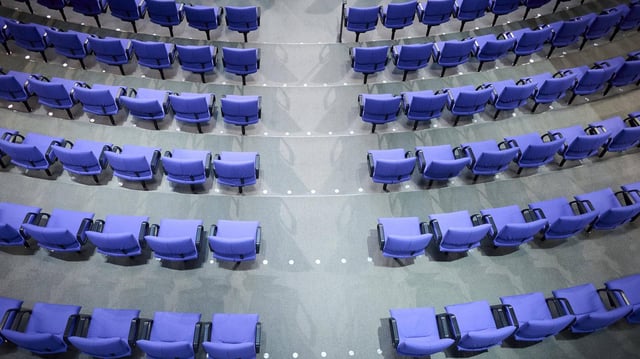Overview
- Under Germany's reformed electoral law, 23 candidates who won their districts will not take seats in the Bundestag due to a lack of proportional party list votes (Zweitstimmendeckung).
- The reform, introduced by the governing coalition, aims to prevent the Bundestag from expanding through overhang and compensatory mandates.
- Critics, including affected candidates, argue the changes undermine local representation, leaving some districts without any parliamentary representation.
- Election law expert Robert Vehrkamp suggests adjusting the criteria for determining district winners to ensure representation while maintaining proportionality.
- The reform has sparked calls for further changes, with suggestions including reducing the total number of districts to balance representation and seat allocation.


